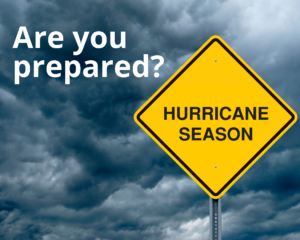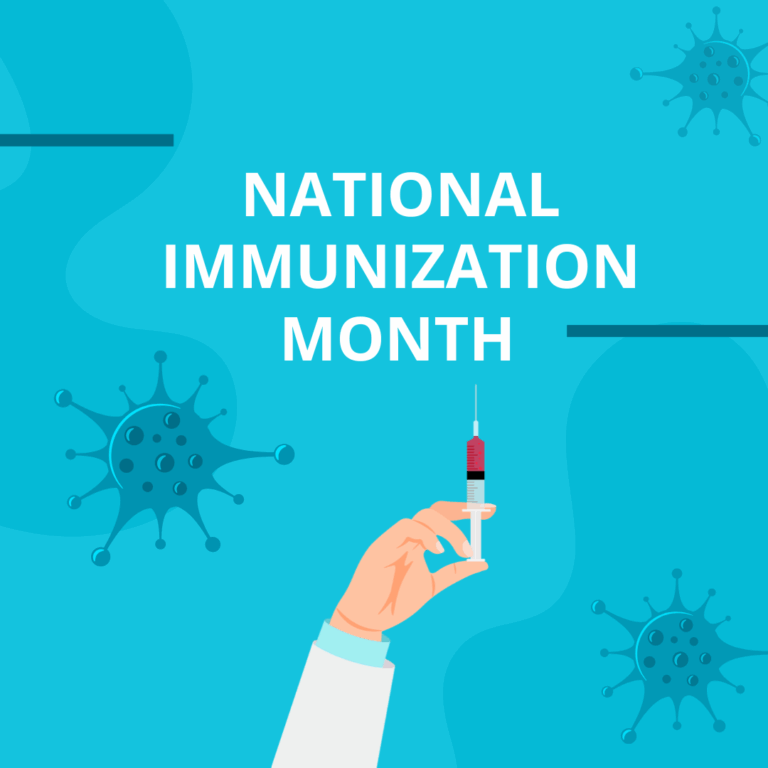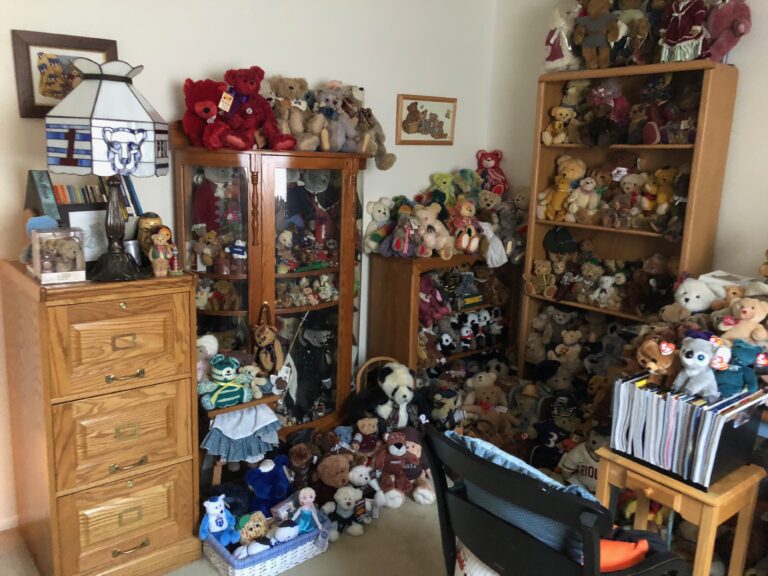
Living in Houston means living with the possibility of hurricanes, especially during the Atlantic hurricane season from June through November. For aging seniors, especially those in assisted living or memory care, these storms can pose serious health and safety risks if not planned for in advance.
As a caregiver, your role is vital in helping your loved one stay safe, informed, and supported before, during, and after a hurricane. Here’s how you can prepare, with steps tailored specifically for the Houston area and your loved one’s unique care situation.
1. Understand the Local Risks in Houston
Houston is no stranger to extreme weather. The city’s flat landscape and proximity to the Gulf of Mexico make it prone to storm surges, heavy flooding, and power outages during hurricanes.
Know the flood zones: Visit Houston’s Flood Education Mapping Tool to see if your loved one’s home or assisted living community is in a high-risk area.
Space City Weather (spacecityweather.com) offers a trusted, no-hype approach to forecasting that’s particularly valuable for older adults and their caregivers. Their free mobile app, available for iOS and Android, enhances accessibility with features like dark mode, tablet support, and real-time radar. Notably, the app is ad-free and respects user privacy by avoiding tracking. With its straightforward design and reliable information, Space City Weather is an essential resource for seniors and senior living communities aiming to prepare effectively for Houston’s dynamic weather conditions.
Stay updated on evacuation zones: Houston has designated evacuation routes. If your loved one lives in or near areas like Galveston, Baytown, or coastal Harris County, they may be in a mandatory evacuation zone during a major storm.
2. Prepare an Emergency Plan—Together
Whether your loved one is in their own home or an assisted living facility, create an individualized hurricane preparedness plan that includes:
- Emergency contacts (family, caregivers, doctors, assisted living staff)
- Medication list and copies of prescriptions
- Health documents including power of attorney, insurance, and medical records
- Mobility needs such as a walker, wheelchair, or oxygen tank
- Transportation plan if evacuation becomes necessary
- For seniors receiving in-home care services in the Houston area—such as hospice, home health, or personal caregivers—it’s essential for families to understand each provider’s emergency preparedness policies. Families should proactively ask their care providers about their emergency protocols, including backup plans for staffing, medication delivery, power outages, and transportation.
If your loved one lives at home, you may need to be more hands-on in creating a hurricane kit with essentials like water, non-perishable food, flashlights, a battery-powered radio, and extra batteries.
3. Coordinate with the Assisted Living Facility
If your aging loved one resides in an assisted living or memory care community in Houston, take time to understand their emergency preparedness policies. Ask the staff:
- What is your evacuation plan? Do they have designated locations for temporary relocation if needed?
- How will families be notified? Ensure your contact information is updated.
- Do you have backup power sources? What systems are supported by the generator? Does it power only emergency lighting and elevators, or also HVAC, medical equipment, kitchen appliances, and resident rooms? Many communities have generators, but not all do. Be sure to ask about their capabilities during extended outages.
- How are medications and medical equipment managed? Verify how these are handled if relocation is necessary.
- Will staff remain on-site during a storm? Confirm staffing levels and how they plan to keep residents safe and calm.
For families with loved ones in assisted living communities, it’s important to ask whether the facility will be holding an emergency preparedness meeting. These meetings provide a valuable opportunity to understand the community’s hurricane or disaster response plans and to ask questions specific to your loved one’s needs. Topics may include evacuation procedures, communication methods during an emergency, how medications and medical equipment will be managed, and how staff coverage is maintained. Attending or requesting such a meeting ensures families can be proactive, informed, and reassured that their loved one will be cared for safely and appropriately in any situation.
4. What Caregivers Can Do Before a Storm
- Caregivers of seniors in assisted living should ask if the community provides a form or documentation where families can indicate their hurricane plans—such as whether they intend to pick up their loved one or have them remain in the community during the storm. It’s also important to clarify if the facility has permission from the family to relocate the resident if necessary for safety. Having this information on file helps the community act quickly and appropriately in an emergency, ensuring your loved one receives timely and coordinated care.
- Monitor the forecast regularly. Use trusted local sources like KHOU 11 or Houston’s Office of Emergency Management.
- Prepare extra supplies. If you care for your loved one at home, stock enough supplies for 5–7 days including water (1 gallon per day per person), flashlights, pet supplies, and hygiene items.
- Charge all devices. Phones, backup battery packs, and medical devices should be fully charged.
- Pre-arrange a check-in system. Set up regular check-ins with neighbors or nearby relatives in case communication is disrupted.
5. During and After the Storm
- Keep communication open. Stay in contact with the facility or, if your loved one is at home, with emergency services if needed.
- Check local updates. Use the City of Houston Alert System or NOAA Weather Radio for real-time information.
- Provide emotional reassurance. Hurricanes can be frightening for older adults. Calm conversations and distraction techniques like playing music or reading can help reduce anxiety.
After the storm, assess the situation. If there are issues with the living environment—like power loss, water contamination, or limited mobility, it may be time to consider temporary housing or more comprehensive care support.
Houston’s hurricane season is unpredictable, but your preparation doesn’t have to be. By planning, coordinating with care providers, and staying informed, you can ensure your loved one is safe and supported through any storm.









